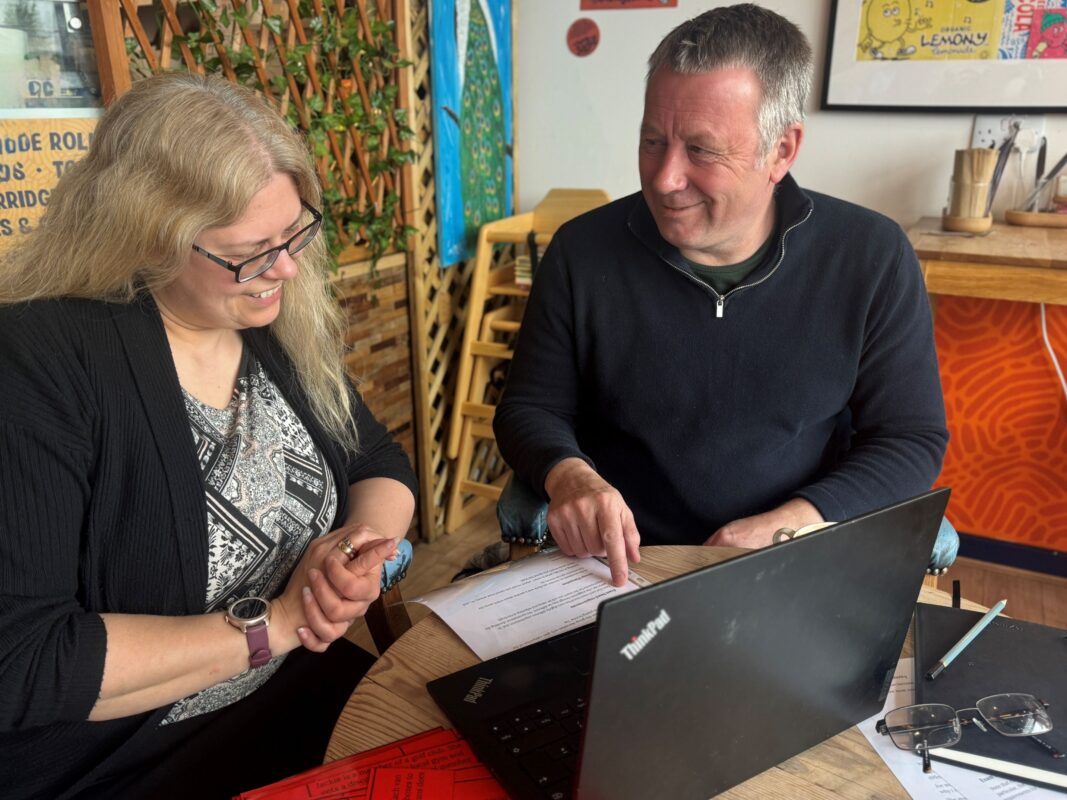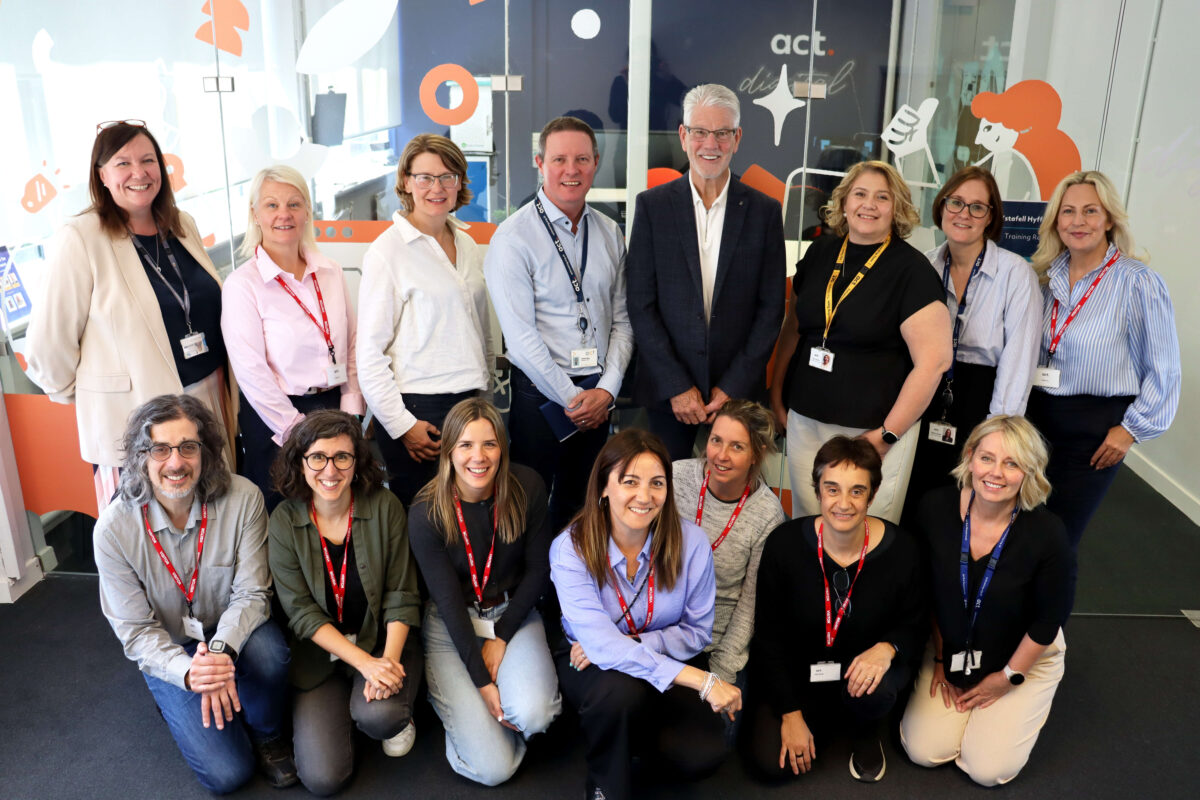Apprenticeship degrees have been helping the struggling leisure industry post pandemic

Tackling the shrinking talent pool in the sport and leisure sector
Over the past few years, the sport and leisure industry has encountered significant challenges, many of which have been exacerbated by global events, including the pandemic, as well as the cost-of-living and energy crises. Despite these difficulties, the sport and leisure industry has also shown resilience and adaptability. Some businesses have embraced innovation, including new technology, and are diversifying their offerings to keep up. As businesses fight against continuing economic uncertainty, the sport and leisure industry must remain agile and responsive to emerging trends to thrive in the future.
The instability of the sports and leisure centre sector has led to further challenges. Almost 400 swimming pools have closed since 2010. This has resulted in employees leaving the industry in favour of more stability, further exacerbating the challenges felt by businesses as they struggle to find and retain the best talent. The sports industry needs strong leaders to help drive and diversify the sector. Sports England released a report that outlines a model that will enable the sector to create a more long lasting future. Part of the model involves investing in the sector’s workforce to allow leaders to provide the capability and capacity to deliver change at the scale and pace that is required.
As Stacey Allen, Director of Corporate Partnerships at Arden University says:
“The rising cost of energy, chemical shortages and staff retention have created a challenging landscape for the public sport and leisure sector.”
By supporting businesses to upskill their staff through apprenticeship degrees, Stacey explains how being receptive to the current demands and challenges specific industries are facing is key when offering courses. She expands: “Being able to adapt in this tough climate is vital if businesses want to survive. It’s why we make sure the programmes we offer businesses in this industry are tailored to the specific challenges they are facing, to ensure that learners and workers can help their business to thrive.”
A company that is doing this is Fusion Lifestyle- a sports and leisure management charity-that’s has been working towards addressing the industry challenges, with no closures or reduced hours as a result of energy or post-Covid challenges.
Tanya Wright, Fusion’s Workforce Development Business Partner and apprenticeship ambassador says: “To tackle the difficulties the wider sector was facing, we made many changes and adjustments – our top priority was to continue to support and invest in our workforce.”
Recruitment and retaining staff is becoming a growing issue, with over nine in ten (94%) of hospitality and leisure businesses saying they are finding it difficult to find workers. To tackle this, however, investing in learning and developing is a key component to tackling the recruitment issue and simultaneously meeting business demands.
Stacy explained:
“Learning and development can transform organisations, as it helps them to develop as a business and grow the people that work for them. It helps them to have the winning edge of talent by keeping people’s skills up to date, and it also helps with the attraction and retention of staff,”
Agreeing with this sentiment, Tanya adds:
“Allowing employees time away from the charity to develop while being in paid employment in adult life, is a rare gift we can offer our employees.
“At Fusion, we felt that, post-pandemic, offering additional educational opportunities would benefit and strengthen our senior leadership team, making them feel more valued and helping them to grow. We wanted to ensure our employees could develop on their career pathway – not just for the betterment of our company, but also for the industry and future generations of communities that access our services.”
Using education to source talent
Sourcing talent is hard. It can also be difficult trying to find or attract candidates from other industries with transferrable skills. As a result, upskilling the existing workforce is vital. For instance, the leadership and MBA qualifications that Fusion employees get through their apprenticeship degrees, give them the certification they need for career progression.
Ben Stancombe, Head of Fitness and Health Products at Fusion, who is enrolled on the degree apprenticeship programme tells us:
“I’m very passionate about learning; I’ve always been an advocate of self-guided learning. I’ve never had the chance to gain a qualification but have always wanted to do an MBA.
“Without the recognised qualification, it’s harder to progress in my career. But now I have been working toward gaining my MBA, not only do I have an extra accreditation for my CV, but I also have additional knowledge that allows me to be more informed as a professional.”
Accidental managers are common in the sport and leisure industry. Longstanding members of staff are promoted but might still need to develop the right leadership skills. Ben mirrors this, and explains how he wanted to make sure he’s exposed to as much practically applicable theory from his studies as possible, so he can assimilate it into his work to build on his success.
He says:
“There are so many people at senior level in businesses that don’t have business theories that are taught through a degree to support them. Through my degree, I can merge theory with practice and base everything on real world examples. I see how solutions to the current market challenges apply, I can test solutions by applying my newfound knowledge of business theory.”
Tanya shares:
Naturally, with more exposure to the industry and more knowledge of how to handle business challenges, comes more confidence. “We didn’t consider the impact it would have on people’s confidence in how they present ideas in the business but also how they feel about their career development,”
Jonathan Bash, Dual Site General Manager at Fusion, who is currently studying his Level 7 Senior Leader apprenticeship degree, shares how he has been working in the sport and leisure sector since he was 16 years old. Jonathan came to Fusion as a part-time lifeguard and progressed within the company to his current role.
He says:
“I was a general manager when I first started my apprenticeship degree. Due to my development and how it has helped my confidence and expertise, I am now a dual site general manager – it has given me good experience and I can put what I’m learning into practice. It has given me better guidance and clearer direction on how to support my teams and has really opened my eyes to how to do things differently for better results.”
As leadership qualifications aren’t industry-specific, they can also help employees with their long-term career goals, opening them up to other industries.
As Tanya expands:
“As much as we would love them to, we know our employees probably won’t stay with us forever – it’s the nature of the industry. Not only does an apprenticeship degree help our business grow, but it also helps our employees grow; in the long run, by supporting their career path, we inevitably become a more attractive company to work for.”
How to make learning and development work
The sport and leisure industry can be a demanding one – workers are often short on time and struggle to fit in extra learning while working. The learning and development strategy, therefore, needs to fit into their work and personal life.
As Ben explains:
“It works well as I’m able to book studying around my schedule. I’m a night owl, so I personally prefer learning in the evenings, and the flexible approach Arden University allows me to do so.”
Arden University’s flexible and distance learning approach allows full-time employees to make sure learning fits around them, as they don’t need to travel to different locations to study. This is exceptionally helpful for companies that are nationwide. As Jonathan explains to us: “My promotion to managing two centres instead of just one was a step up, but simultaneously I also became a dad for the first time. Add to that the assessment and coursework, I had a lot on my plate.
“At the start, it was really hard – but both Fusion and Arden University were really supportive. I was able to take one day per week off to get used to studying, and once I had got to grips with academic writing and research through Arden University’s masterclasses, I could start planning my time better.”
The first term is when people tend to struggle the most, especially with getting comfortable with academic writing or working with Microsoft software, for example. Ensuring there are check-ins and ambassador schemes can support learning and working staff. As a result, Tanya wanted to remove any barriers when it came to offering apprenticeship degrees – there’s an unofficial interview process, employees can self-nominate, and they have an hour’s overview and coaching session to determine what they’d like to achieve. Because of this feedback, Arden University offered masterclasses for newer cohorts, so employees can test what their learning environment and experience would be like to ease them into the process.
On top of this, the apprenticeship degrees Fusion offers its employees allow them to explore the current challenges the sport and leisure industry is facing – exposing them to the potential solutions and approaches the business can take. By giving them globally recognised qualifications, investing in learning and development can give employees future-proof skills while supporting the business.
Fusion’s first cohort of apprenticeship degree students has explored topics around the energy crisis and how it impacts the facilities we operate, particularly swimming pools. Another student has focused on the impact of the digital transformation.
Tanya Explains:
“The projects some of the students have been working on have already been implemented into our business,”
“The degree content is not only helping our workers gain confidence and stronger industry knowledge, but it’s also benefitting the growth of the charity, and with it, what we can reinvest in our communities that we service. In a time where the sport and leisure industry is facing challenge after challenge, this is a valuable benefit to supporting our employees’ learning and development as well as our sustainability in the industry.”
With the sport and leisure industry needing to retain and attract new talent, while also trying to overcome its unique challenges, investing in employee learning and skills development is a strong method to help tick all boxes. It allows sport and leisure businesses to utilise new approaches and solutions through their students and gives an incentive for employees to work for you, and hopefully stay.











Responses